
While those who dress up in straightjackets or visit houses designed like asylums often do so in the quest for frightful fun, it is important to remember the deeper impact this sort of entertainment can have on those with lived experience and even society in general. Mental health advocates believe using mental illness to generate screams serve only to perpetuate stigma surrounding mental health and further entrench long-held myths such as how mental health patients are violent. Moreover, for those who suffer from mental illness these attractions can be hurtful or offensive, as for them their diagnosis is not a costume that they "can take off whenever we feel like it".
In both the articles below, two mental health advocates and those with mental health issues themselves, including Professor of Psychology at Columbia university and TED speaker Andrew Solomon, share their take on mental illness in Halloween.
"For those of us with firsthand experience with mental illness — especially those who have experienced trauma in a mental hospital — such entertainment ventures cut much too close to the bone. When my mother was dying of cancer, she was admitted to some miserable wards, but I find it hard to envision a Halloween event at which you would pretend to be getting chemotherapy and vomiting constantly while surrounded by patients driven into the quasi-dementia that comes of unremitting pain...
Sanity and mental illness lie on a spectrum, and most people occasionally cross over from one side to the other. It’s the proximity of mental illness rather than its obscurity that makes it so scary. But it should be scary in a “fix the broken care system” way or in a “figure out the brain’s biology” way, and not in a “scream for laughs” kind of way."
For more information, click here:
http://www.nytimes.com/2016/10/26/opinion/mental-illness-is-not-a-horror-show.html?smid=fb-share&_r=0
https://themighty.com/2016/10/why-mental-illness-shouldnt-be-a-halloween-costume/
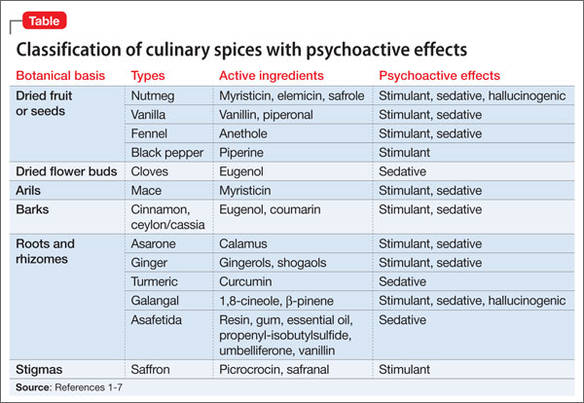

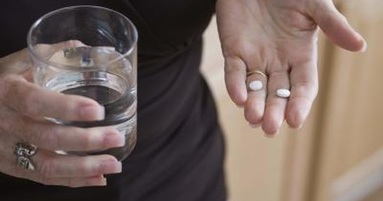
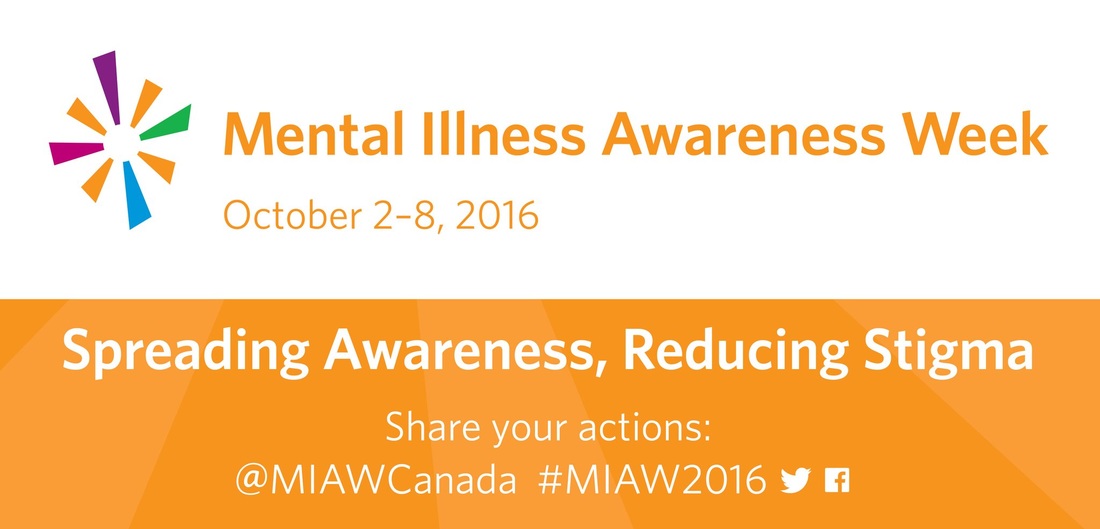
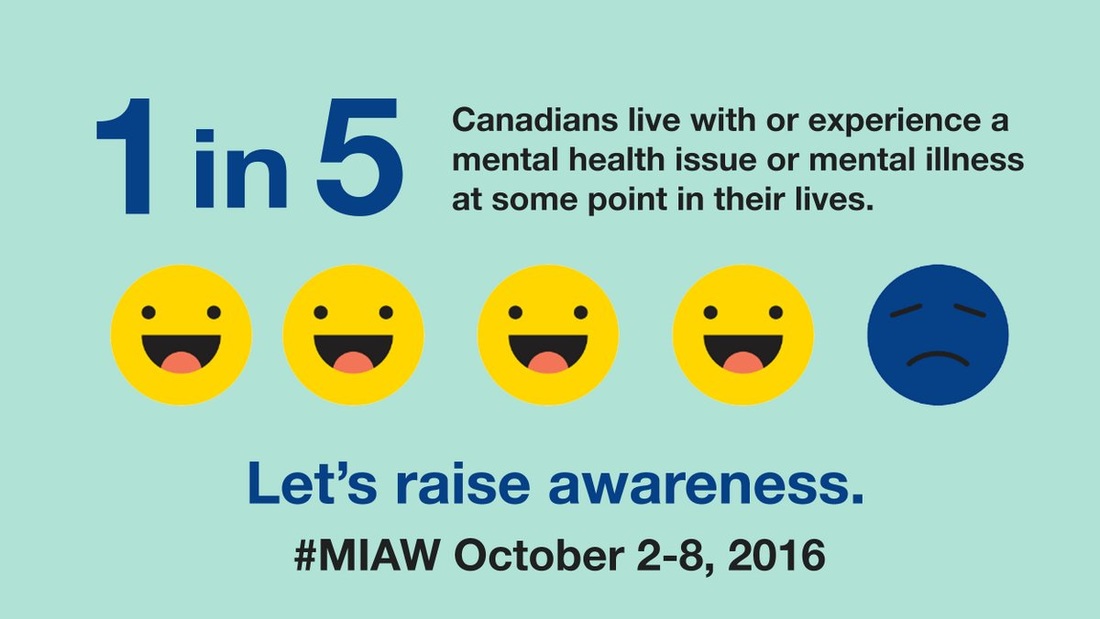
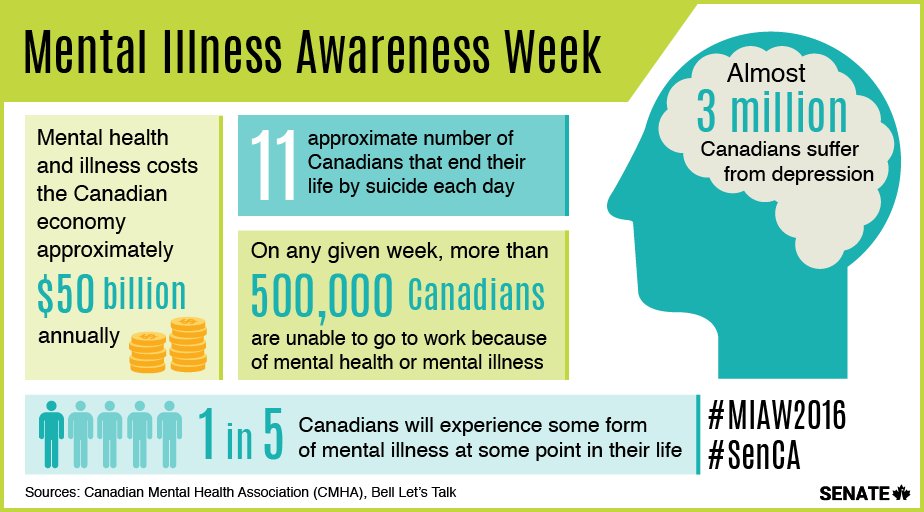
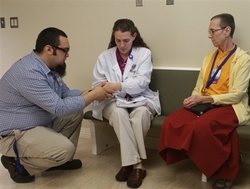
 RSS Feed
RSS Feed
